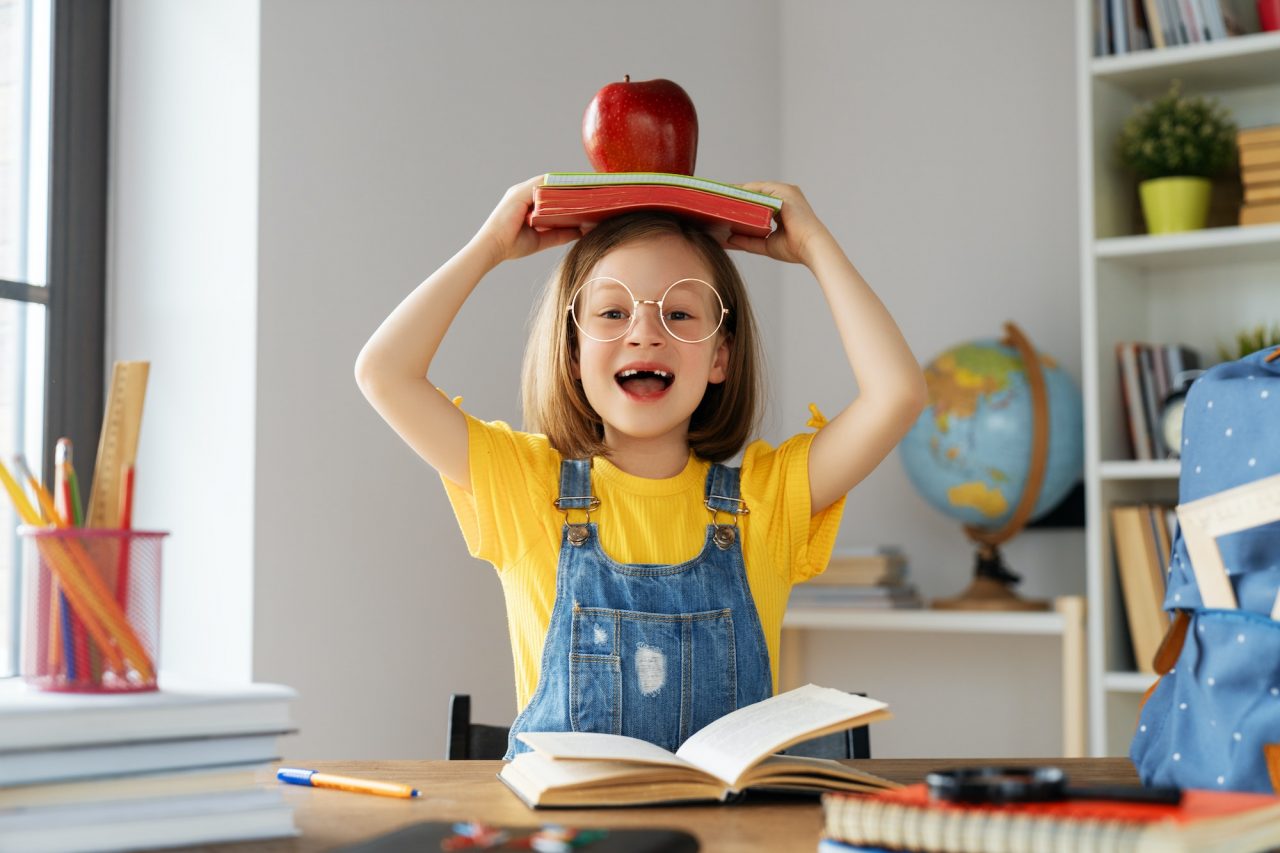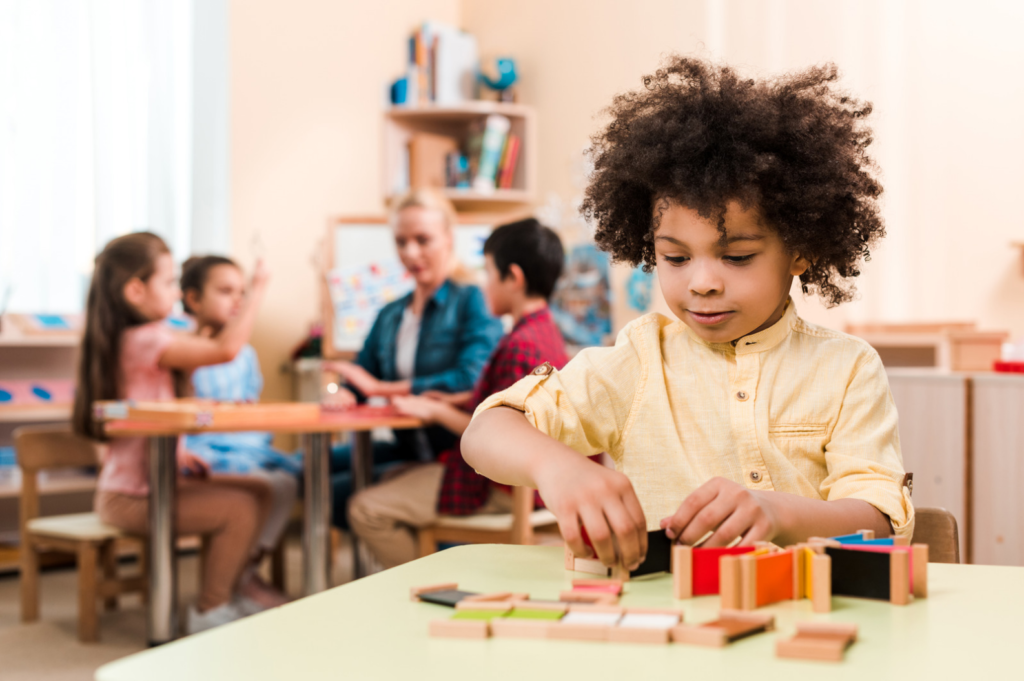
When considering your child care options, it is important to consider why you are choosing Montessori over other educational methods. For many families abroad, this decision is simply an “easy one” because they have seen the Montessori benefits through their own children’s performance and happiness. In Greece and Cyprus, there are fewer Montessori schools compared to those abroad, so for many parents it is a new and perhaps unfamiliar approach.
In order to understand why the parent chooses Montessori, you really need to see the Montessori method in action to see the results. There are so many real Montessori benefits that it is difficult to explain in a few short sentences. To give you a very brief overview of these benefits, below is a brief summary of the top ten reasons parents choose Montessori.
First, every child learns in a different way and at his own pace. At Small Human Montessori, our teachers create a learning program specific to each child's needs and interests. Our prepared classroom environments are specially designed to encourage children to be actively involved in their learning.
In addition, the Montessori curriculum covers five key areas that focus on the full development of the child. Key areas of study include: practical life, the senses, mathematics, language and culture. The Montessori curriculum ties in with the curriculum that children will learn in school while also teaching them real-life skills.
In a Montessori classroom, the children are of mixed ages. This structure encourages children to use role models, cooperate with others and promote imitative learning. As a result, children learn to respect each other, develop building skills and create a sense of community. Parents recognize that these skills are important for their child's full development. As a result, this is one of the main reasons for parents to choose Montessori.
Finally, choosing an early childhood education program is one of the most important decisions a parent makes. Make the right choice for your child and your family. If you believe that education should be hands-on, encourage independence, and teach children to love learning, then Montessori is for you.
The best things about the Montessori program is that your child will learn more than the basic subjects of math and language. They will also learn the skills of cooperation, self-confidence, independence and problem-solving.
Dr. Maria Montessori developed the Montessori philosophy of education because she wanted to create a better world for future generations.
With a little research on the benefits of a Montessori education and a tour of a Montessori preschool, you will see why Montessori works and why parents choose Montessori.
At Small Human Montessori, we follow a unique 3-year cycle in our classrooms. This approach allows children to stay with the same teacher and group for three consecutive years, fostering deep relationships and continuity in learning. Each year on the previous one, providing a database for mastering skills and concepts according to each child’s growth rate. This cycle supports the socio-emotional development, academic progress and holistic development of each child. The 3rd cycle, with children ages 3-6, is approved by the Ministry of Education and Culture and includes pre-primary.
Preparation for school and life
The Montessori method is based on the scientific observations of Dr. Maria Montessori (1870-1952) on how children learn as they progress from birth to adulthood. Montessori research on child development and the subsequent findings on how to create the optimal learning environment formed the foundations of the “Montessori Method”. Central to the Montessori method is the Montessori curriculum, which is a child-centered learning framework that incorporates holistic learning outcomes tailored to each child’s developmental needs and interests.
The Montessori curriculum covers five key areas of learning, including: practical life, sensory materials, mathematics, language and culture. In addition to these core areas of learning, Small Human Montessori also covers science, geography, music, physical education, art, and elementary school readiness in preschool children. In this way, Small Human Montessori offers a holistic education program tailored to each child’s unique developmental needs and interests.
Practical Life
Practical life activities help children learn how to care for themselves and their environment. These activities help the child become more independent, leading to greater self-confidence and the ability to face new challenges. Practical Life exercises include lessons in good manners and courtesy, caring for yourself and caring for the environment. The purpose of these activities is to strengthen coordination, concentration, independence and indirectly prepare children for writing and reading. Activities often include cleaning, food preparation, polishing and watering.
Sensorial
The sensory materials were designed by Dr. Maria Montessori to help children express and classify their sensory experiences. The purpose of sensory activities is to get to know the environment through the child’s five senses, which develop the ability to observe and compare accurately. There are sensory materials that focus on visual perception, the sense of touch, hearing, olfactory perceptions, and gustatory perceptions. Activities often include identification and sorting materials that isolate the senses of sight, sound, touch, taste, and smell.
Math
The math unit helps kids organize their brains. It is important to start from the simple to the complex and from the concrete to the abstract. Mathematical concepts are introduced to the child using specific sensory materials. Early explorations with sensory materials encourage children to understand basic math concepts such as learning number recognition, counting and sequencing numbers. Sensory work prepares the child for a more formal introduction to mathematics and the introduction of abstract mathematical concepts such as the decimal system and mathematical operations.
Language
Language materials are designed to improve vocabulary and explore written and spoken language. Through language-based activities such as squiggly letters and the mobile alphabet, children learn phonemes and how to put words together phonetically. They progress by using specific materials to compose their own writing, read the work of others, and learn to communicate their unique thoughts and feelings.
Culture and Science
Cultural activities lead the child to experience music, stories, artwork and objects from the child’s community, society and cultural background. The fields of geography, science, zoology and botany are all included in this field. A range of globes, puzzle maps and folders containing images from different countries help give the child an insight into different cultures. The cultural sector encourages children to develop their ability to create and imagine as well as their motor skills. While they learn to express themselves freely. Through cultural activities, children develop an awareness and appreciation of the world around them.
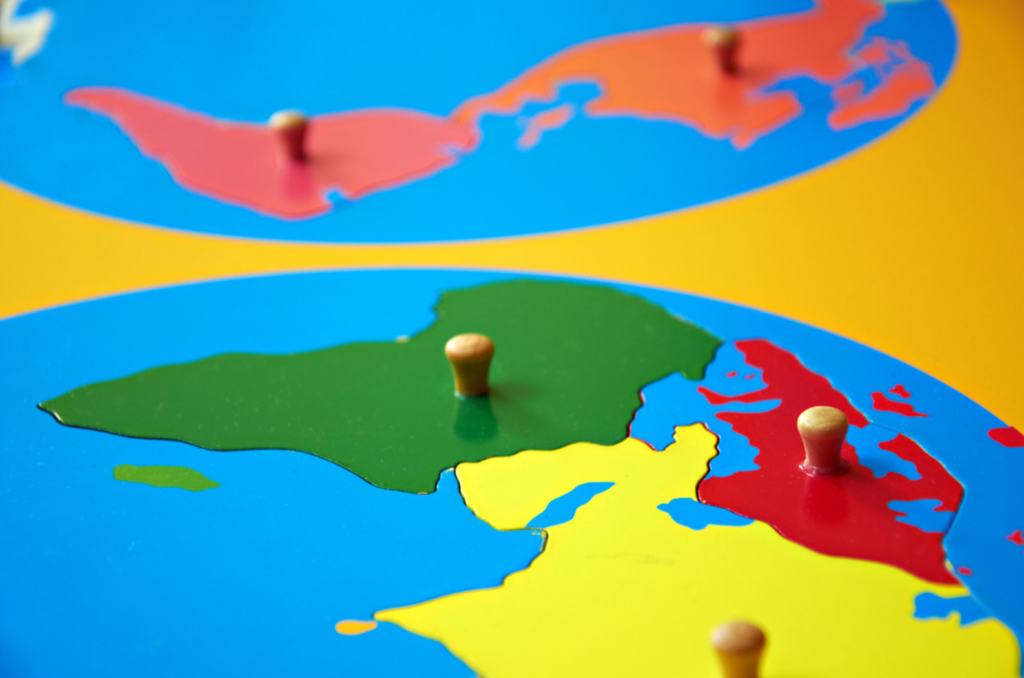
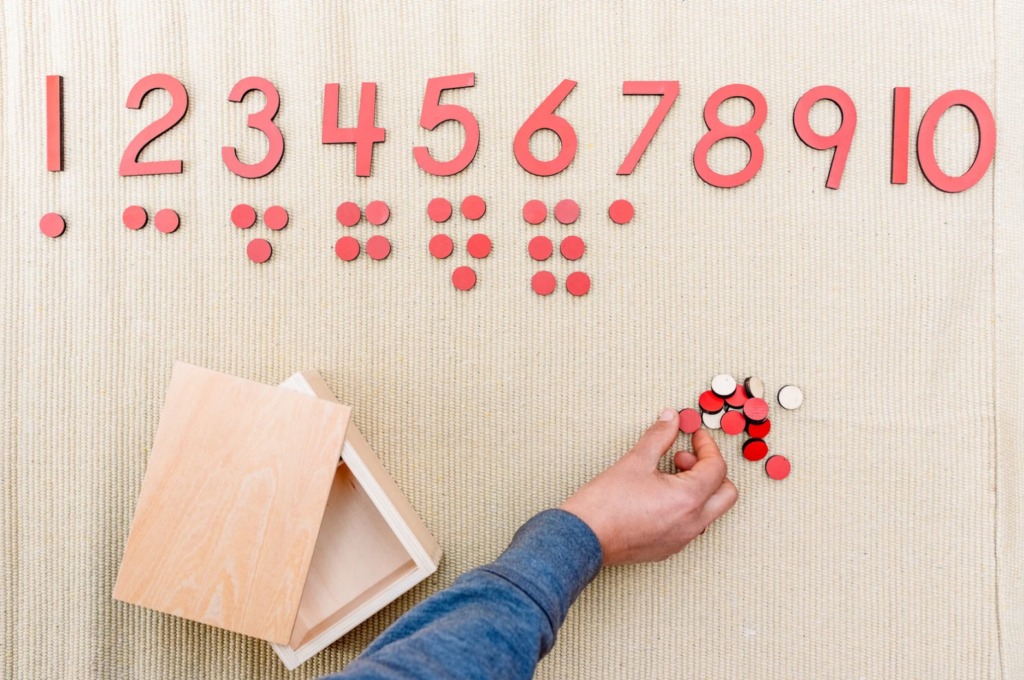
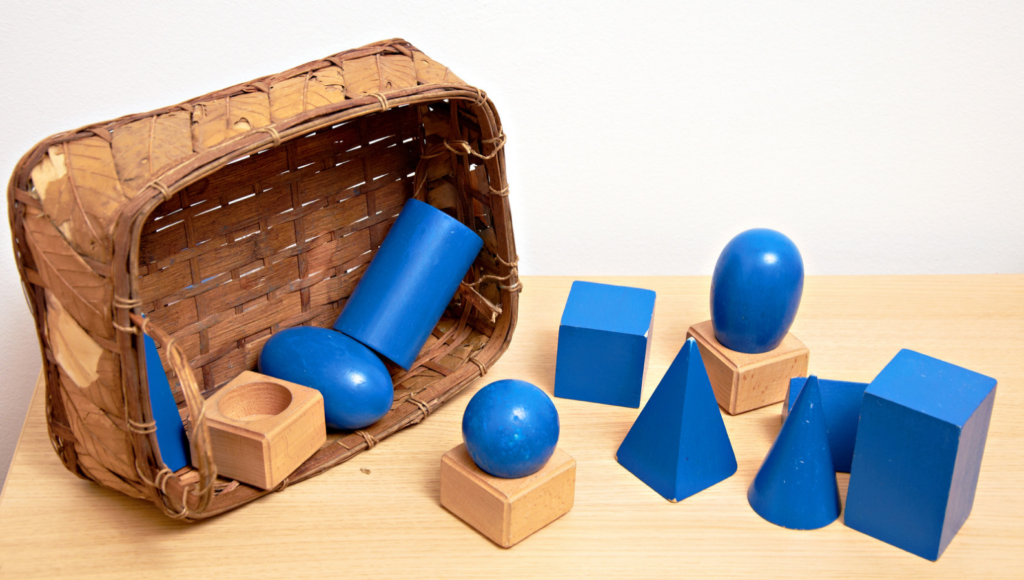
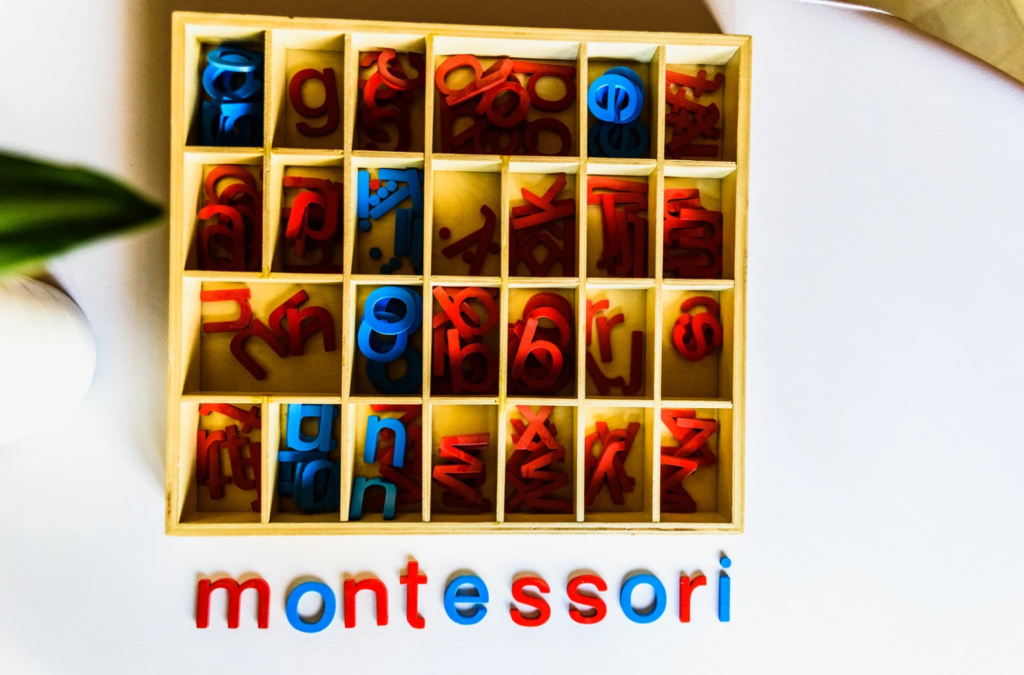
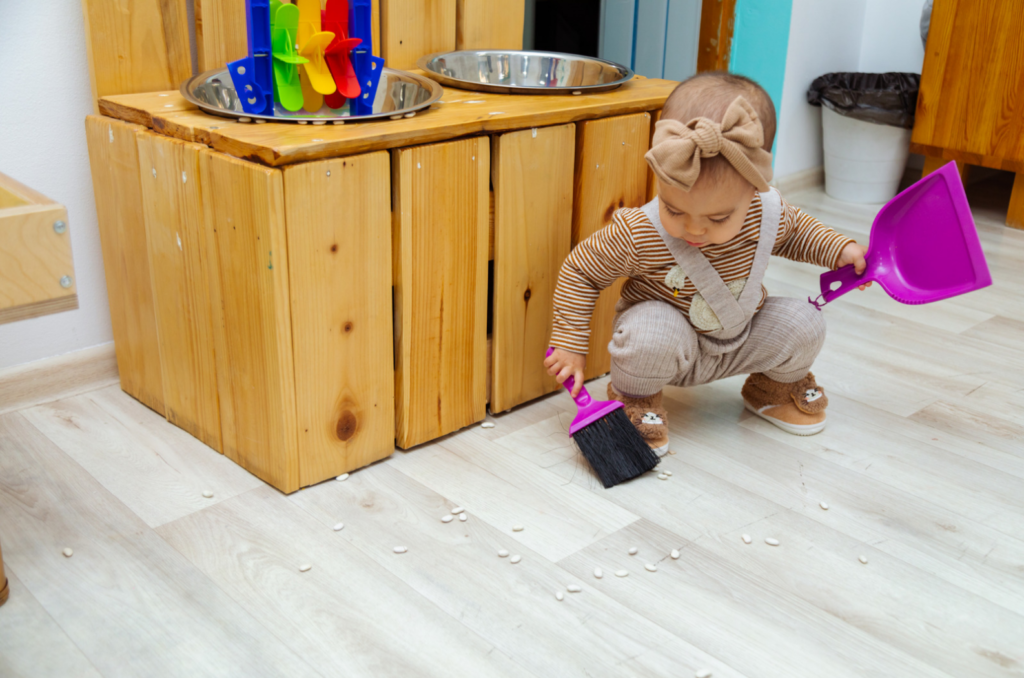
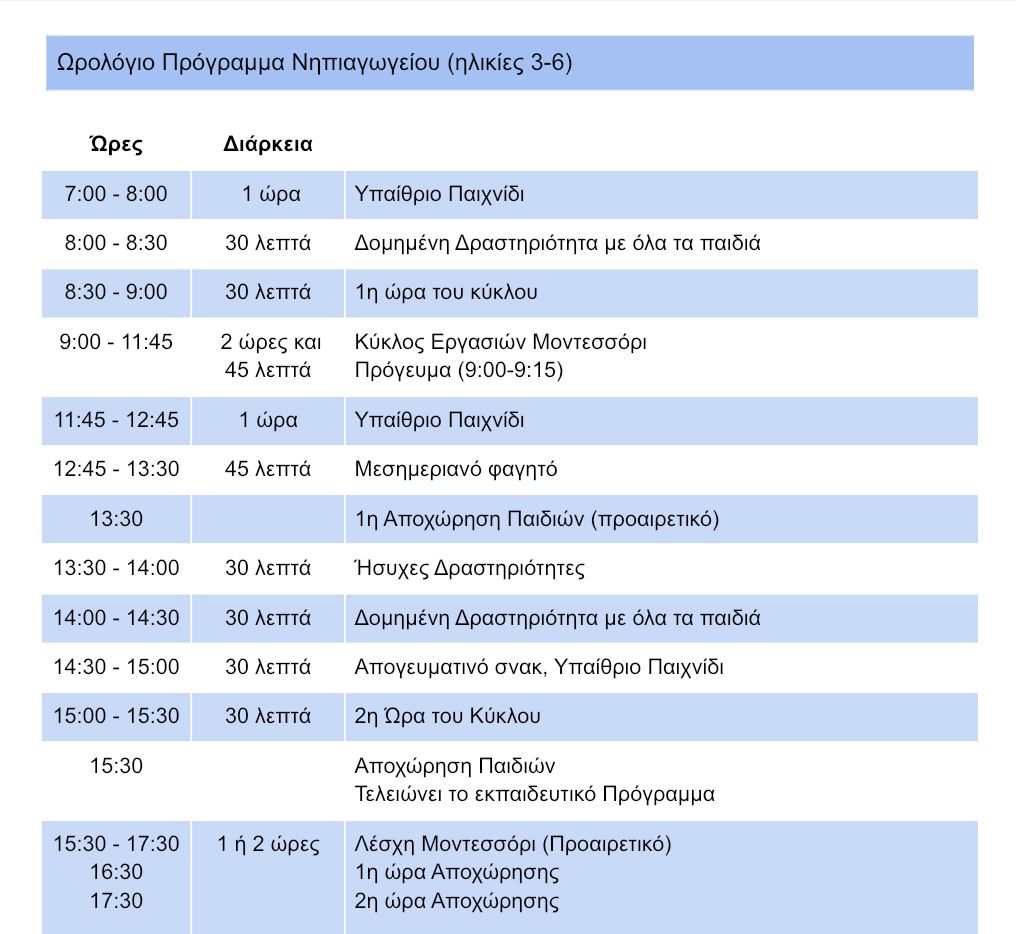
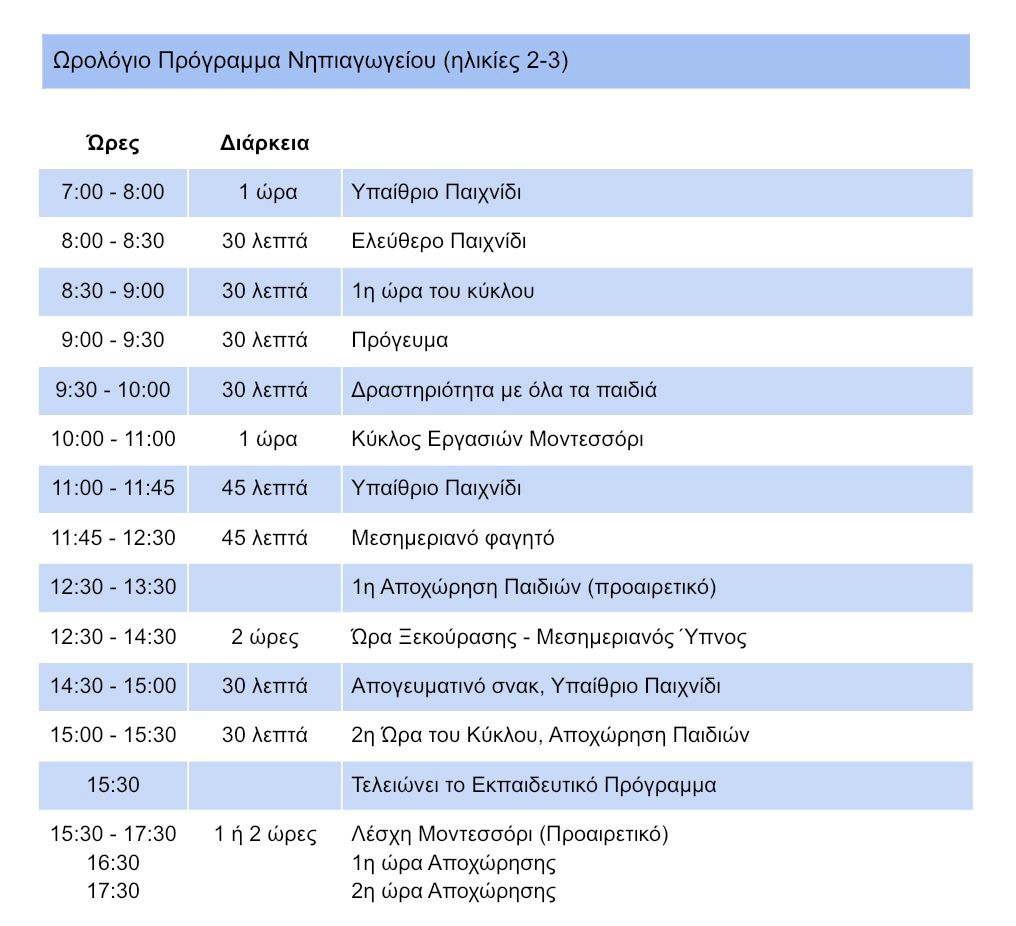
We offer a variety of extracurricular activities that complement our core curriculum, including music, dance, drama, and foreign languages. These activities provide additional opportunities for children to explore their interests and develop new skills.
We believe that strong partnerships between parents and educators are crucial for the success of our students. We encourage active parent involvement through regular communication, parent-teacher conferences, and family events. Our open-door policy ensures that parents are always welcome to participate in their child's educational journey.
At Small Human Montessori, we emphasize the importance of community and social responsibility. We organize community service projects and encourage our students to contribute positively to society. This helps children develop a sense of empathy and understand the value of helping others.
We provide healthy and nutritious meals and snacks to support the physical well-being of our students. Our meal plans are designed to meet the dietary needs of young children and promote healthy eating habits.
